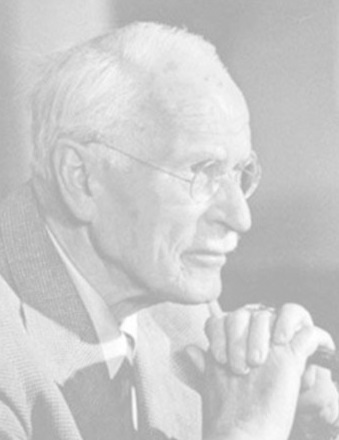Trauma & Transformation
“Owning our story can be difficult, but not nearly as hard as spending our lives running from it… Only when we are brave enough to explore our darkness will we discover the infinite power of our light.”
– Brene Brown
Defining Trauma
I’ve long felt the need to address the way we define trauma. A quick Google search defines trauma as a deeply distressing or disturbing experience, and I’d agree. However, I believe when we speak of trauma, we are quick to define the situations that quality and those that don’t. I believe when we speak of trauma from the perspective that it changes who we are, most of us try to think of those experiences that were bad “but not that bad” so that we dismiss our trauma and the suffering associated with it. I look at my own traumatic experiences with humility and know that others have stories that are far worse than mine, however, I don’t believe one’s suffering can be ranked. Suffering is suffering. I believe that trauma can be defined as a single life experience or repeated experiences over time causes us deep distress. Over time we build patterns that cause us to react to normal life events in irrational ways related to trauma. Trauma is not an event but our reaction to people or situations that trigger a traumatic past experience. I hope my work will inspire people to learn to empathize with and relate to others trauma by first recognizing their own. It’s time we stop looking at the experiences we’ve had and dismissing our suffering because they’re not as bad as the suffering of another. Trauma is suffering and the story is inconsequential, but knowing we’re not alone is invaluable.
Defining Transformation
In my work as an Organizational Psychologist, I’ve come to operationalize the process of transformation as a series of steps taken to “embody” an emotional state most consistent with your most authentic and best self. I believe transformation is the process of building a sense of Presence, Safety, Connection in community with those who encourage us to be our most authentic so we can challenge ourselves to grow so we can contribute to the people, places, and causes that give our lives meaning and purpose. Transformation is the potential of who we can become when we accept ourselves so unconditionally that we see no separation from any experience that contributed to who we are to who we could be. Carl Jung explained the term individuation as the realization of the Self, which is the conjunction of the conscious and the unconscious. Philosophers, psychologists, and spiritual gurus have described this process as the search for becoming whole, integrated, self-actualized, becoming one with God/spirit/the universe. I believe Transformation is the process of becoming more than you imagined possible. As Buckminster Fuller said, “There is nothing in the caterpillar that says it will be a butterfly.” I believe this is the process of trauma to transformation.

